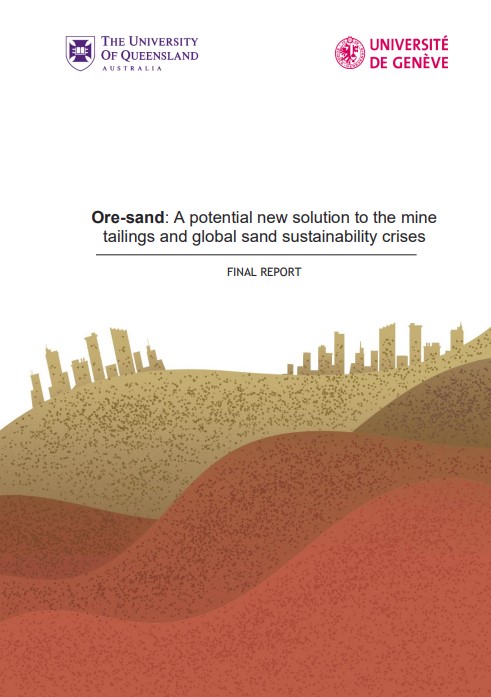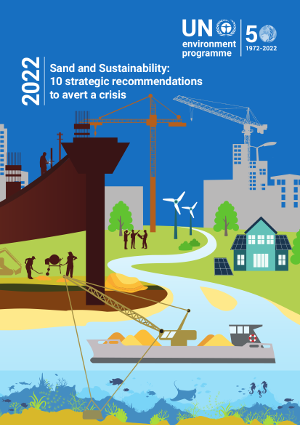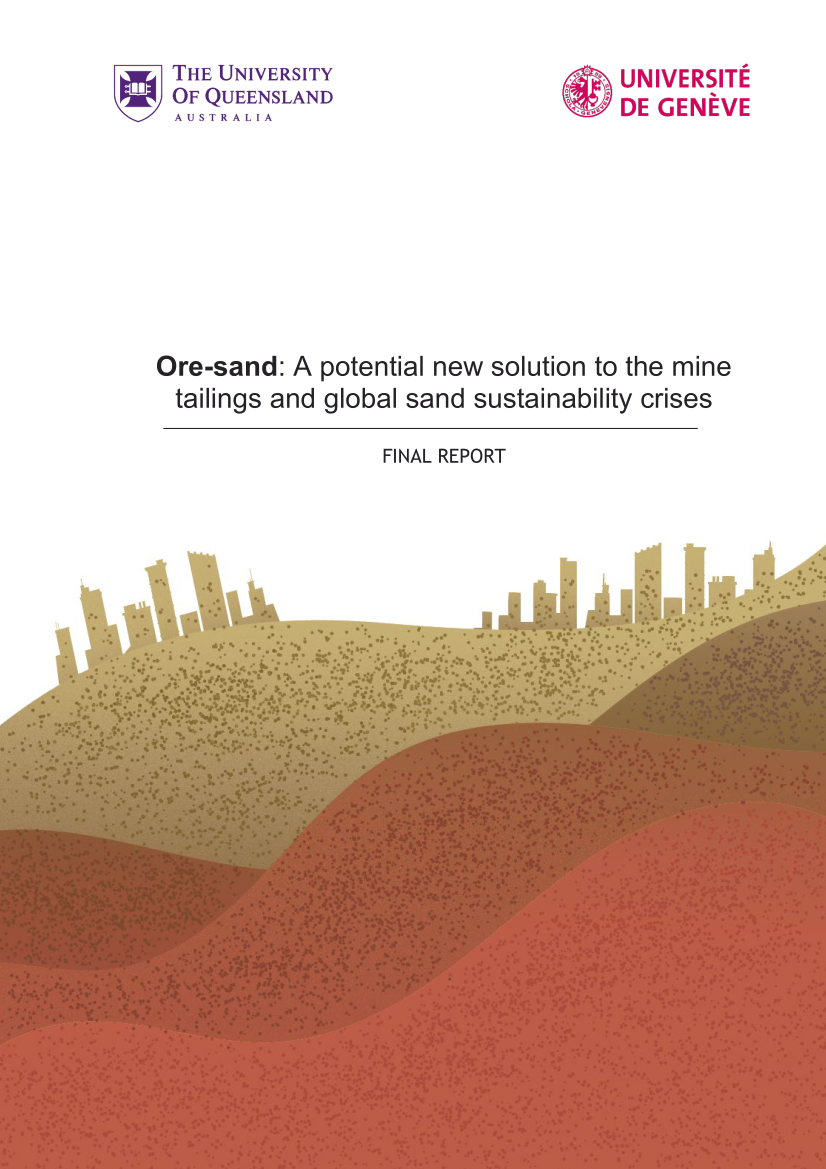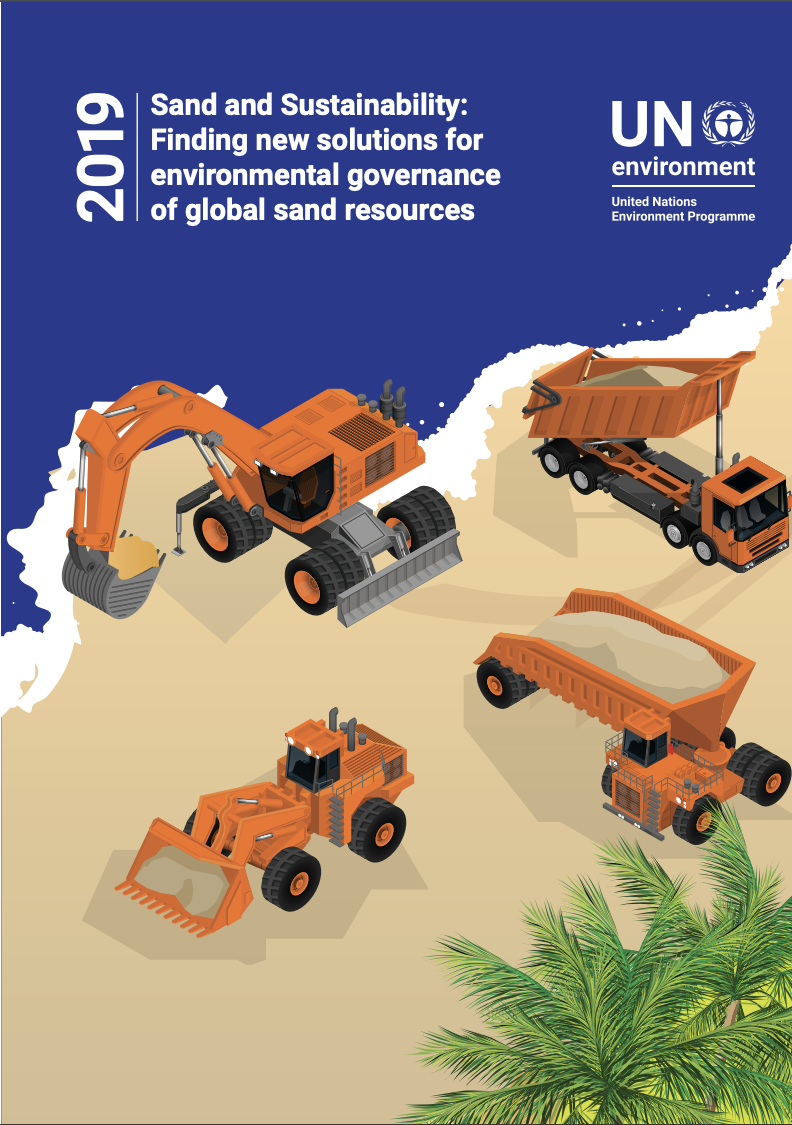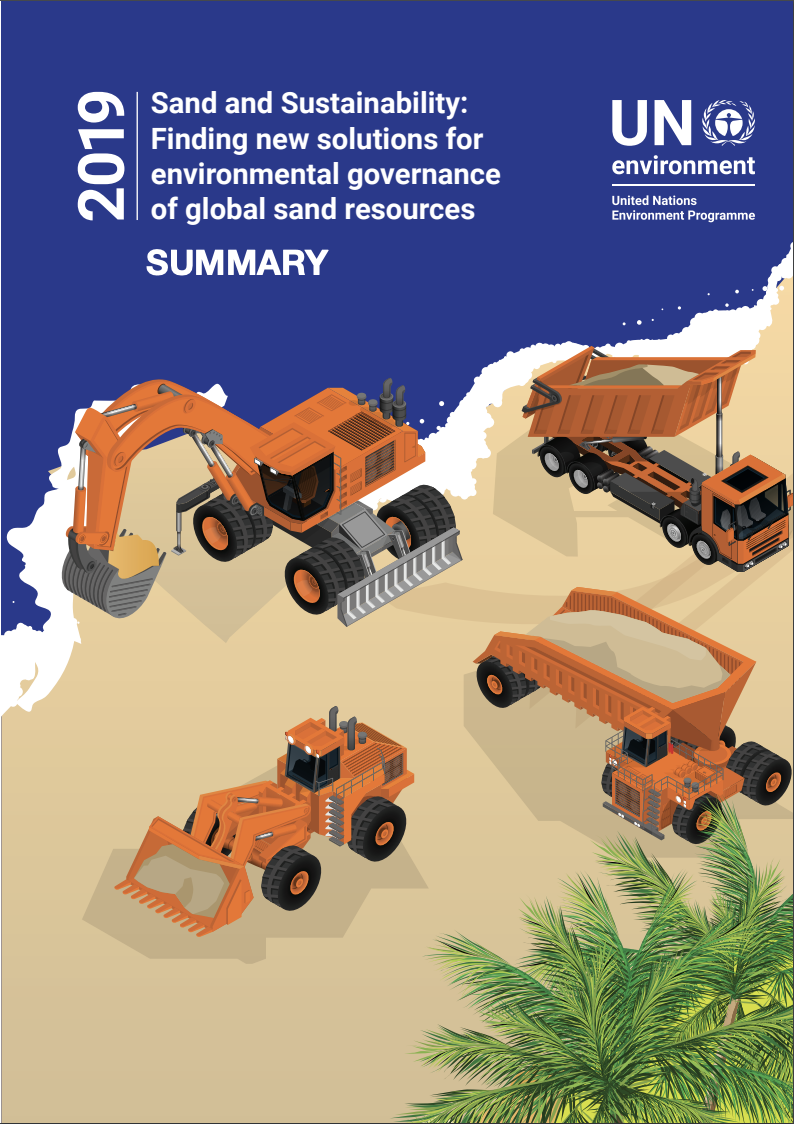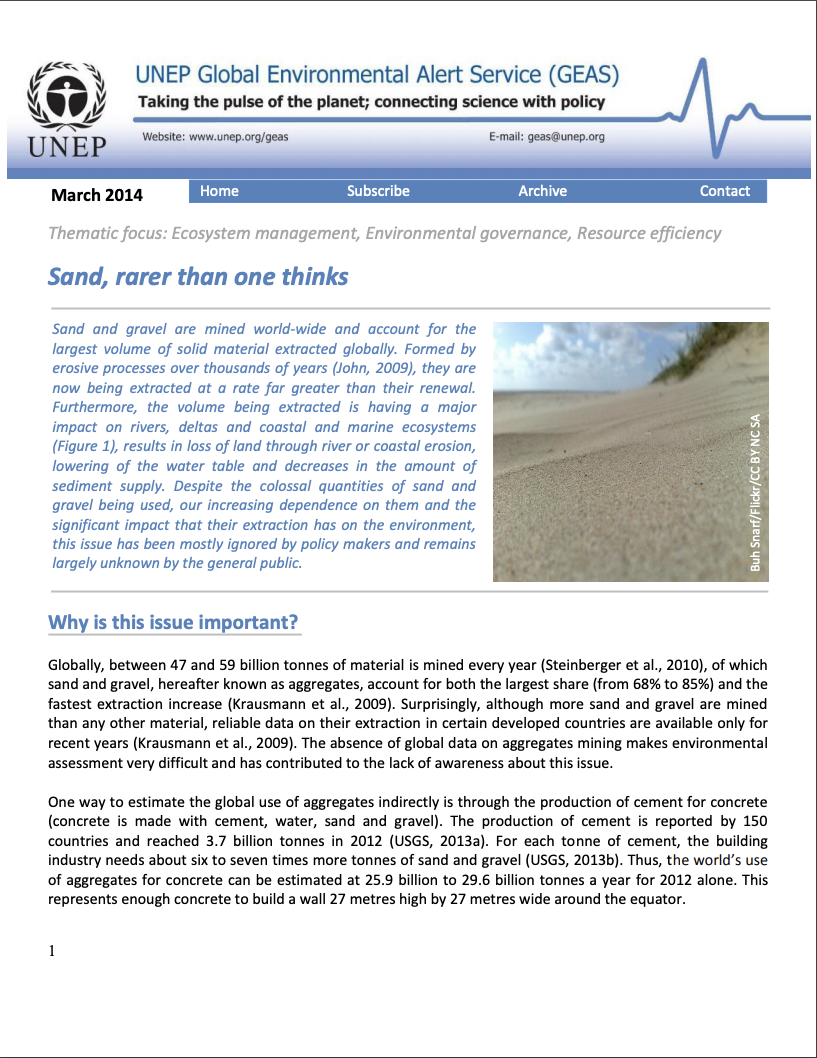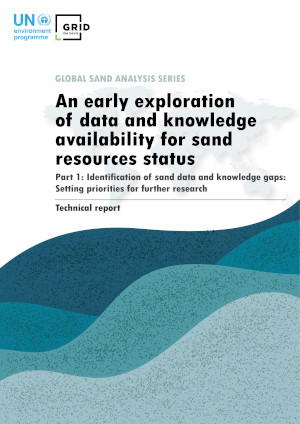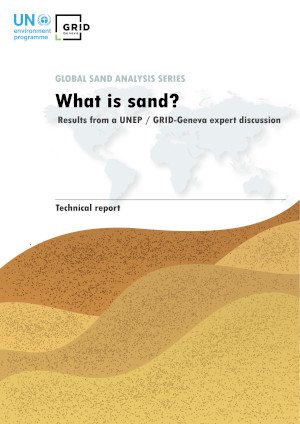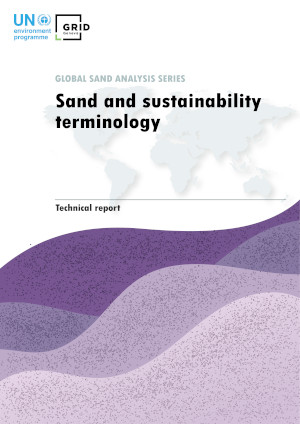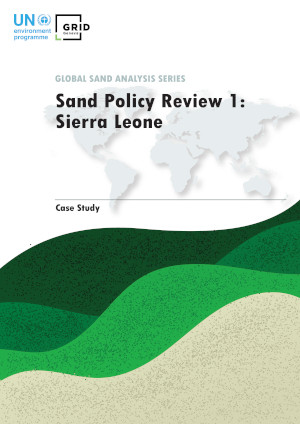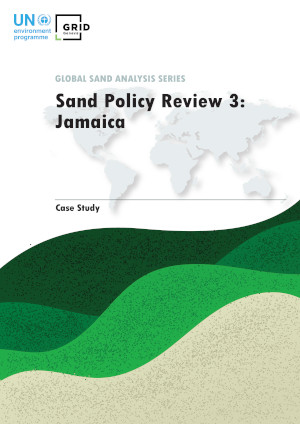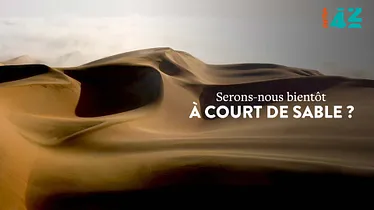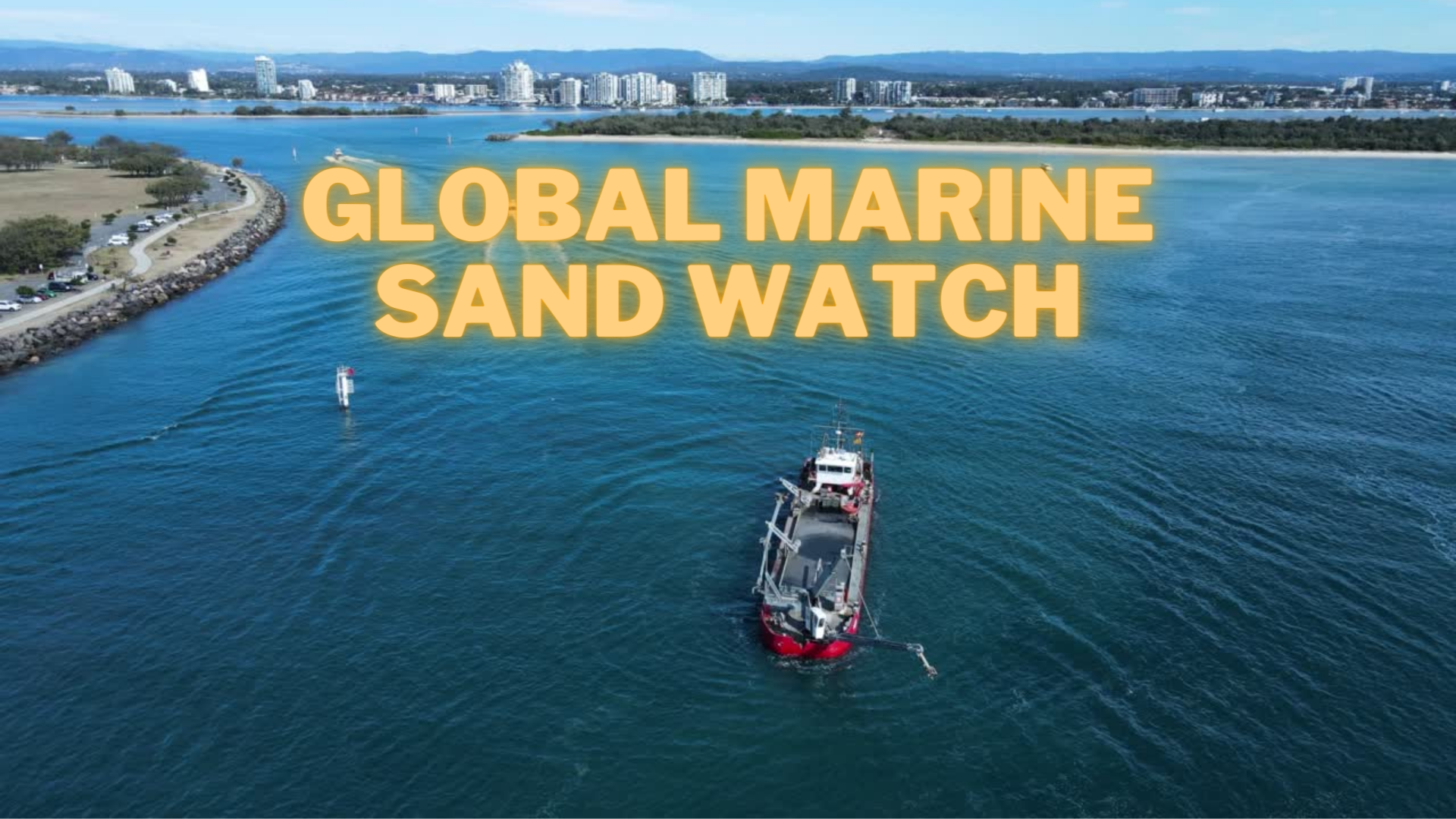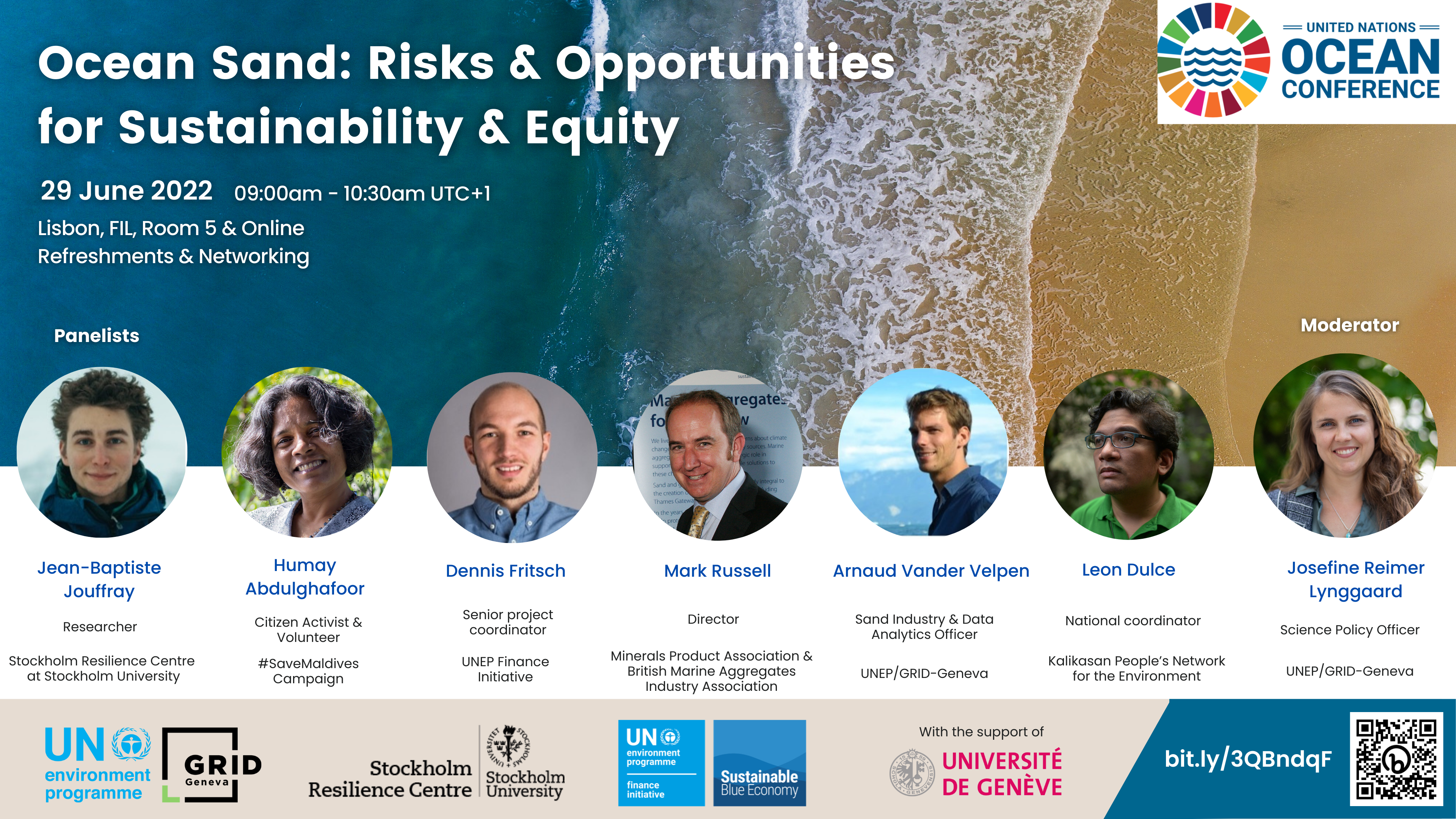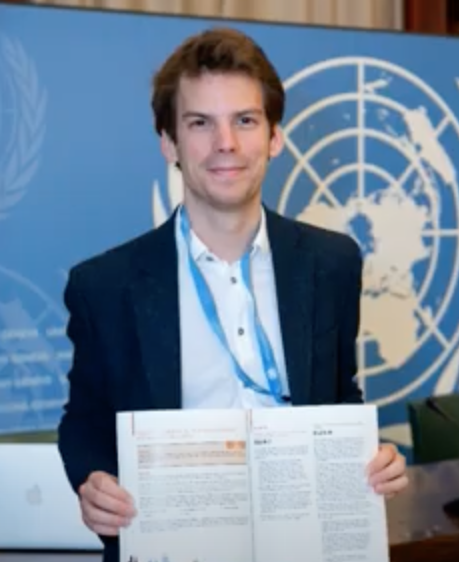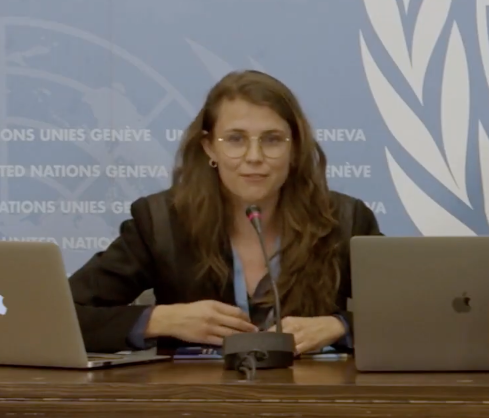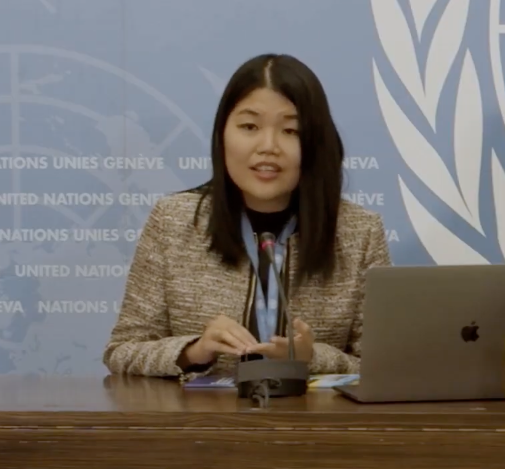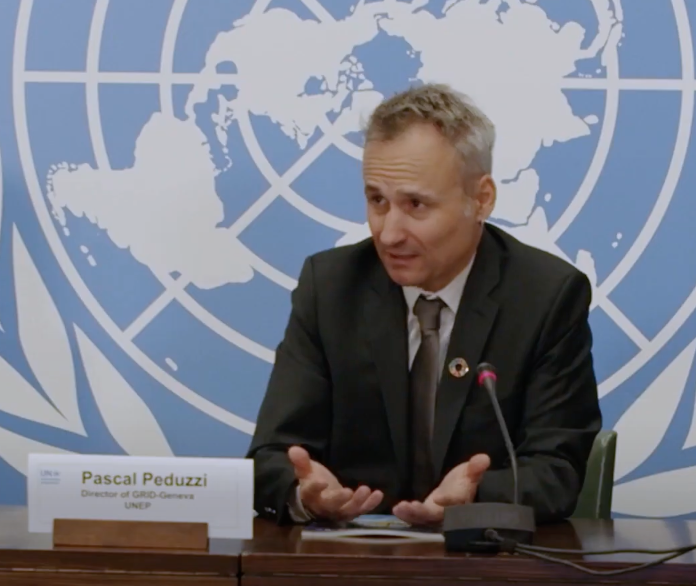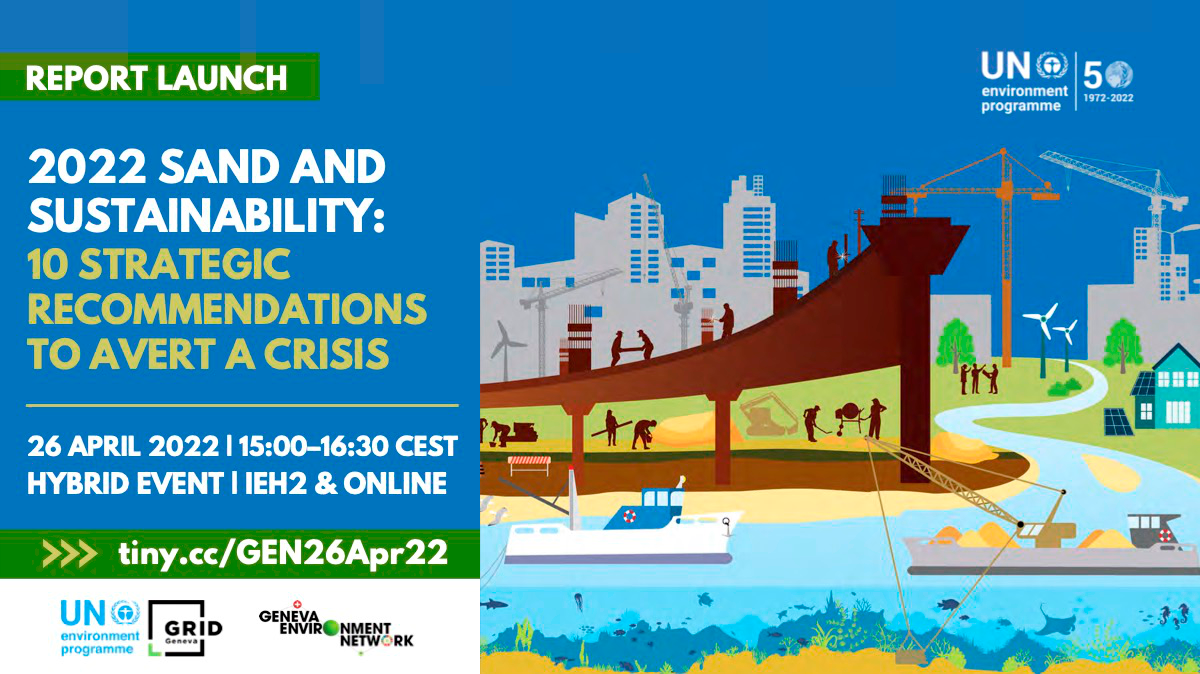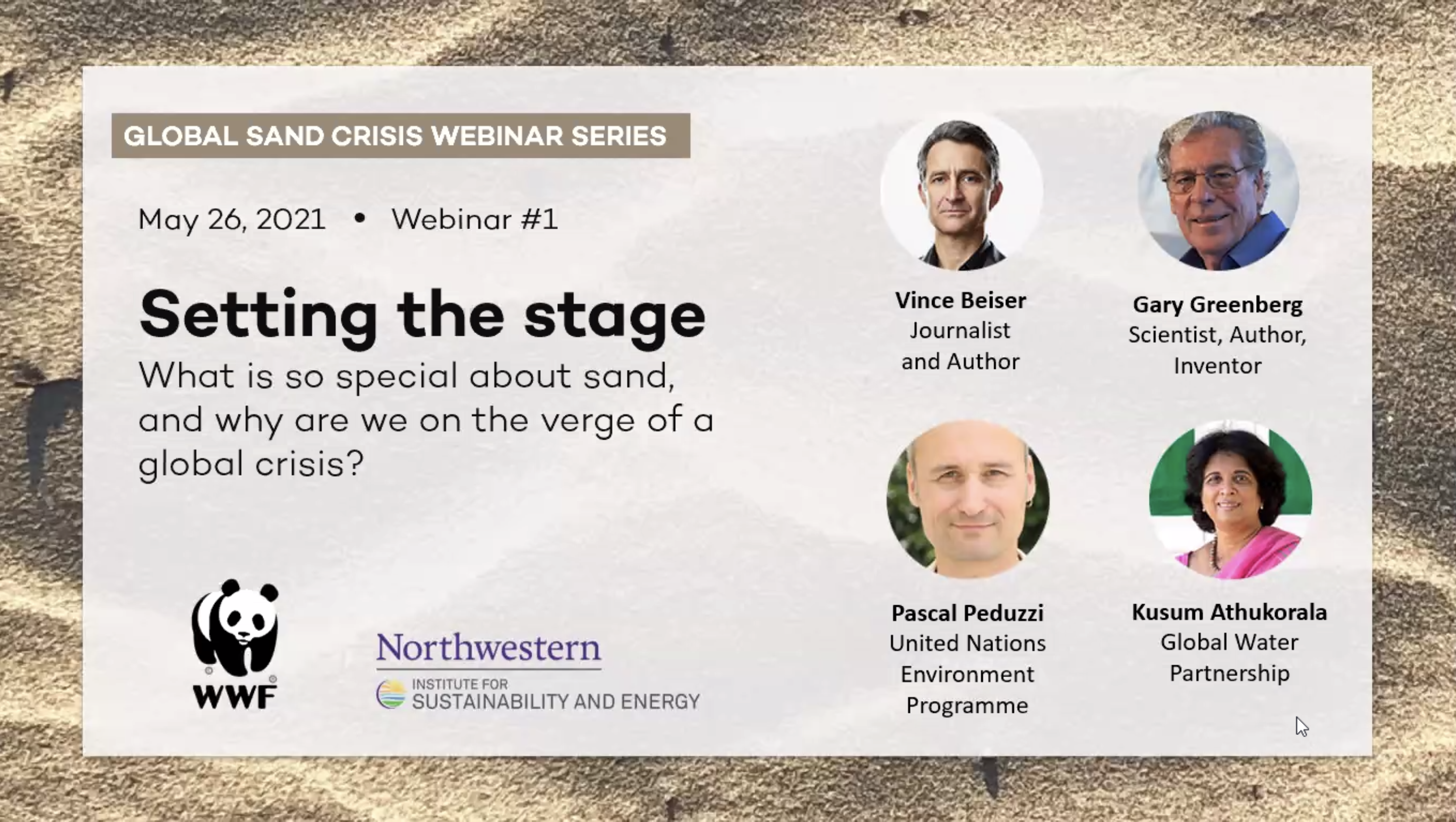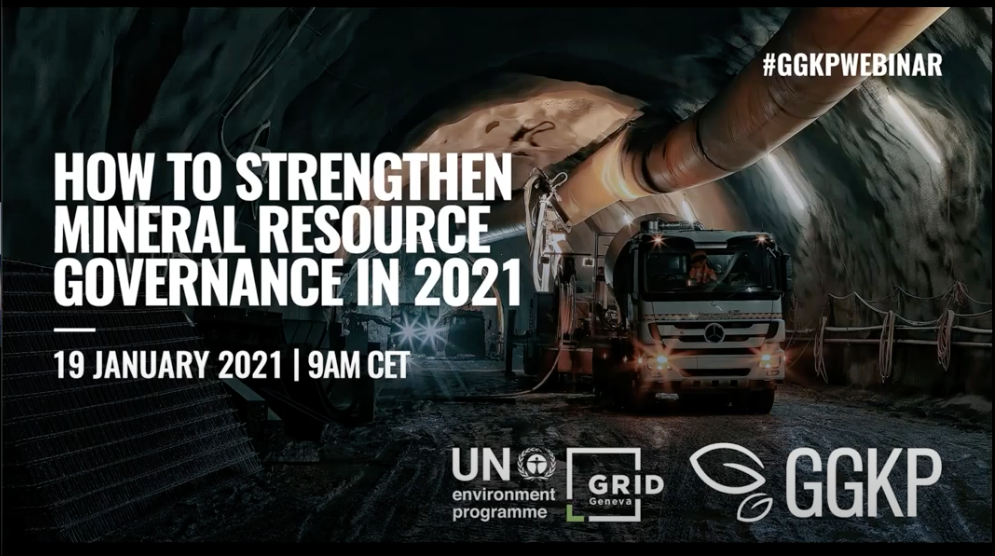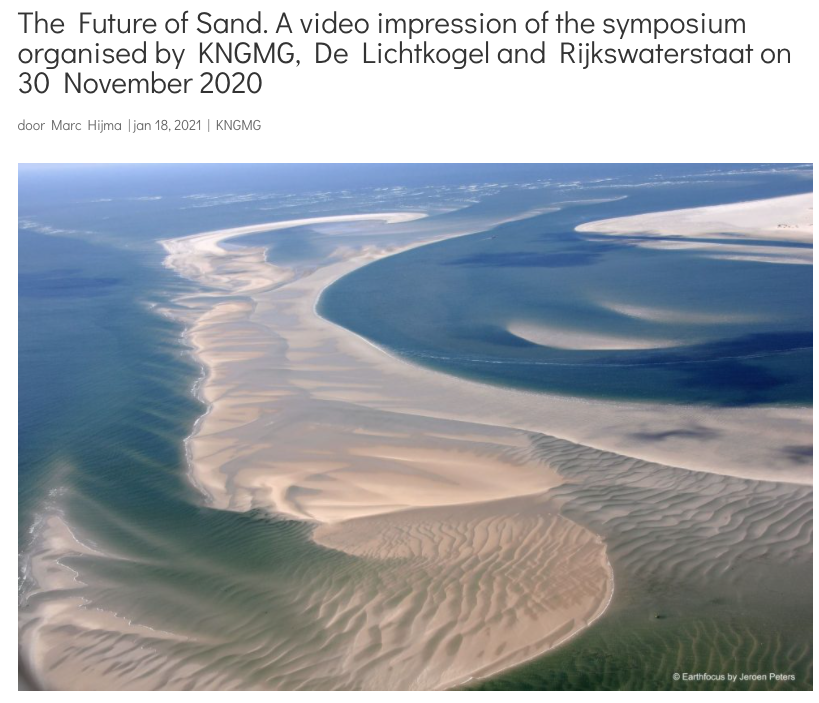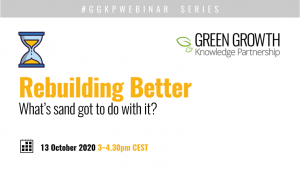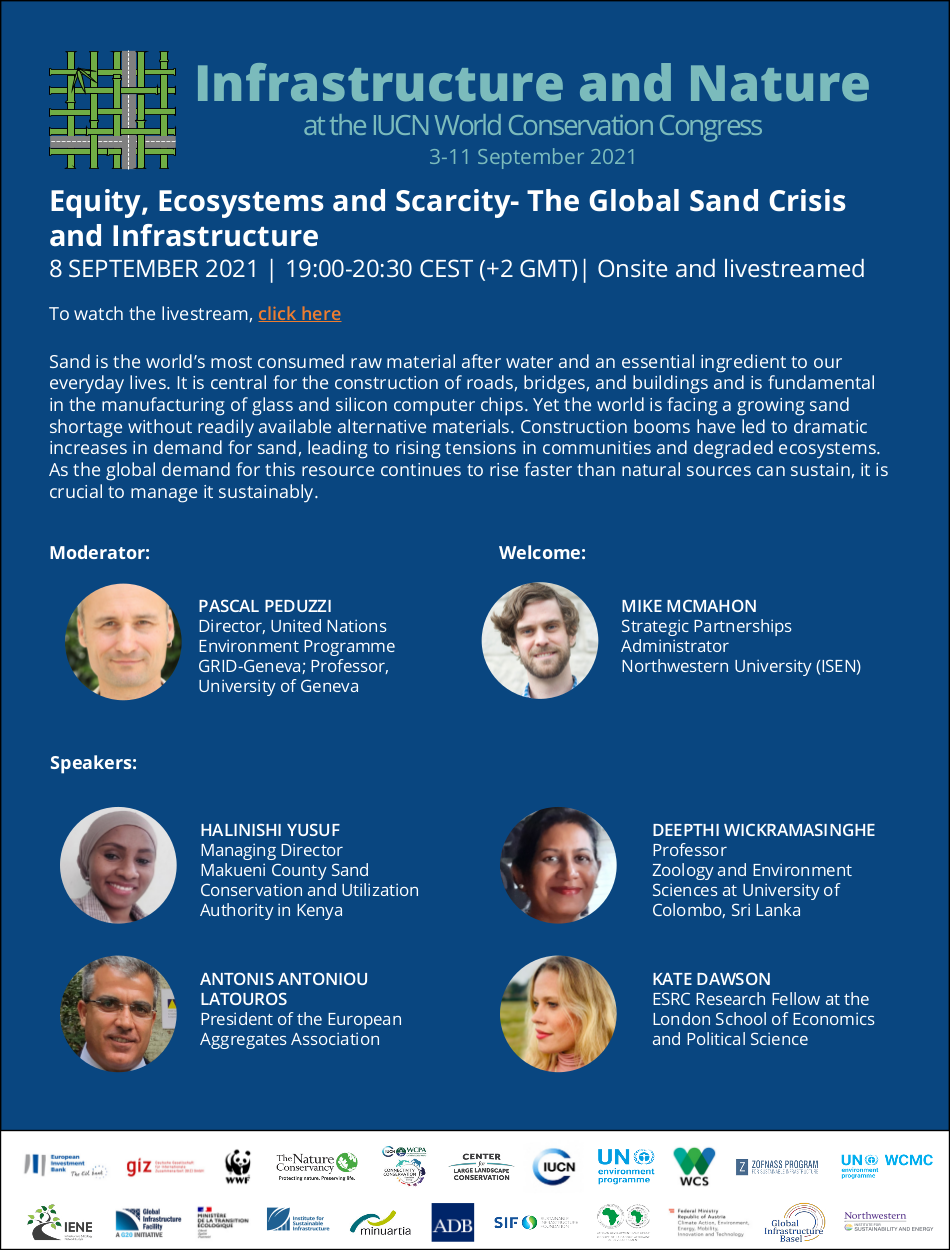Global Sand Observatory Initiative
The Global Sand Observatory is a new concept proposal which follows consultations with countries aiming for the future creation of a knowledge hub on sand for supporting decision making on the sustainability issue of sand extraction and use.
Sand resource governance is one of the greatest sustainability challenges of the 21st century.
Sand, gravels and aggregates are the second most-exploited natural resources in the world after water. The use of these materials has tripled over the last two decades reaching between 40-50 billion metric tons/year. This trend is expected to continue as demand is still growing due to urbanisation, population growth and infrastructure development trends. It is increasingly difficult to source sand and gravel close to urban and industrial centres because of access issues, social acceptance and other factors. As a result, extraction locations are shifting to more fragile environments such as rivers, coastlines, and oceans - which coupled with the increased demand - is severely impacting these ecosystems. Practices like these are happening all over the world causing environmental and social sustainability problems on both a local and global scale.
A number of international organisations, governments, journalists, civil society groups, research centres and companies around the world have been placing this previously unaddressed topic on the environmental political agenda in recent years. As a result, there is a growing call for improved sustainability practices in sand extraction within major use sectors, such as cement production, construction and land reclamation.
Progress on this agenda cannot be secured without some basic reliable data and statistics on where, how and for what purpose sand and gravel is being extracted. Advancing this fundamental knowledge is our main focus in the first phase of the Global Sand Observatory initiative.
We are currently exploring partnership possibilities for future collaborations, should the mandate be accepted. Please find below publications which were produced or collected following the mandate provided by UNEA5 resolution 12, which requested GRID-Geneva to further strengthen scientific, technical and policy knowledge with regard to sand extraction and use.
The Marine Sand Watch platform is described here: https://unepgrid.ch/marinesandwatch
Main publications:
Global sand analysis series:
Video resources:
![]() Audio resources:
Audio resources:
- 2021-02-26: Le club de la Terre au carré (France Inter)
Media articles:
- 2021-03-05: A sand shortage? The world is running out of a crucial — but under-appreciated — commodity (CNBC)
Events:
- 2023-09-06: launch of the Marine Sand Watch during the 2023 Geneva World Resource Forum
- 2021-09-07: 2021 IUCN World Conservation Congress, Marseille, France. Live stream here: https://virtualmeeting.leni.fr/UICN21/A29/indexSuite.php
- 2022-06-03: Stockholm+50 side event " A 2030 Vision for a responsible and sustainable minerals and metals sector", Stockholm, Sweden. Watch the side event here: https://www.unep.org/events/conference/side-event-stockholm50-2030-vision-responsible-and-sustainable-minerals-and
Milestones:
- Sep 2023: Launch of the Marine sand Watch
- Jan 2021: New partnership agreed with the Sustainable Minerals Institute, University of Queensland for exploring mine tailings potential for alternatives to sand extracted from natural environments in 2021.
- Dec 2020: The Rijkswaterstaat, Directorate-General for Public Works and Water Management at the Ministry of Infrastructure and Water Management of the Netherlands takes up UNEP/GRID-Geneva's call to treat sand and gravels as strategic materials, following The Future of Sand symposium held by KNGMG, de Lichtkogel and Rijkswaterstaat on 30 November 2020.
- Jun 2020: Project launch - Sand and sustainability: Towards a global sand observatory?
Contribution of our partners and stakeholders on Sand and Sustainability:
- Sand as a resource: Best practices to conduct responsible dredging projects. The report by the International Association of Dredging Companies presenting best practices for optimal use of sand resources in the marine environment.
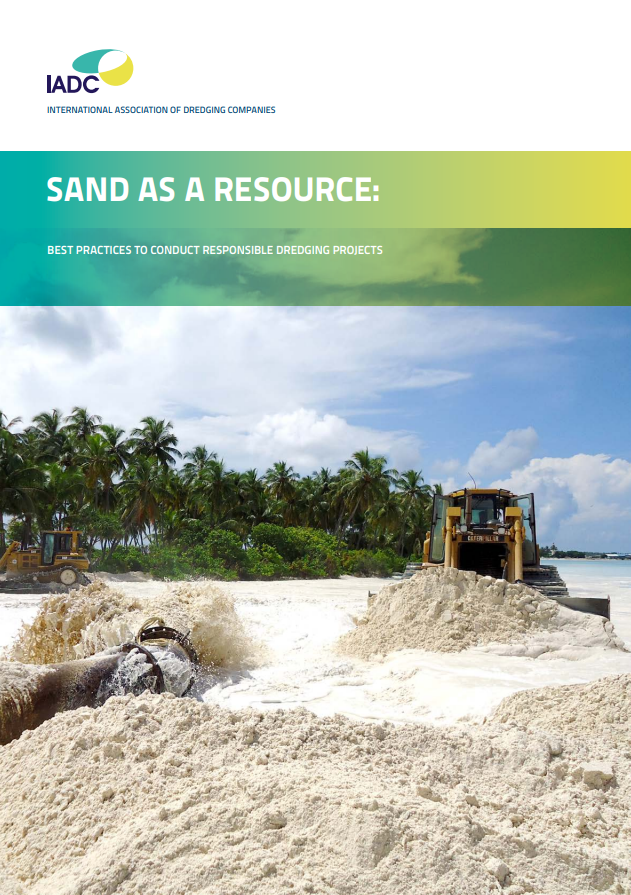
- Harmful marine extractives: Dredging & marine aggregate extraction. The report by UNEP-FI on dredging to the financial industry, noting that also the report attachments provide important information: https://www.unepfi.org/publications/harmful-marine-extractives-dredging-marine-aggregate-extraction/
- Ore-sand: A circular economy solution to reduce mineral wastes and improve global sand sustainability. By the University of Queensland and the University of Geneva on the adoption of mineral processing circuits to avoid the generation of mine tailings and co-produce useable sand.
